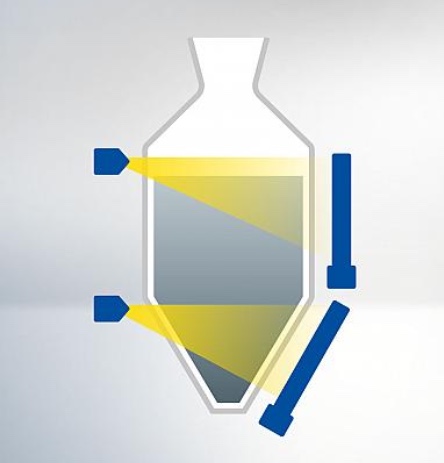Question
-
What are the positive and negative implications on coker operation associated with the introduction of FCC slurry oil into the feed?
Apr-2024
Answers
-
Marcio Wagner da Silva, Petrobras, marciows@petrobras.com.br
The FCC slurry oil is a highly aromatic stream and can produce high quality coke like the needle coke which presents high added value, but it depends on several process variables adjustments like operating pressure of the reactors and higher cycle time. Due to the characteristics of the FCC operation, the FCC slurry oil tends to present high ash concentration caused by inefficient separation between the catalyst and hydrocarbons in the FCC separating vessel leading to concentration of catalyst powder in the heavier fractions which are recovered in the bottom of the main fractionator of the FCC unit.
Among the negative effects of fed FCC slurry oil to delayed coking units it's possible to quote the lower liquids and higher coke yields in the processing unit, higher tendency of coke deposition in the fired heaters leading to shorter operating life cycle of the delayed coking unit, it's possible to occur higher powder accumulation in the bottom of the main fractionator.
The best way to minimize the deleterious effects of the FCC slurry oil in the delayed coking unit is filtering the stream before fed the stream to the delayed coking unit as well as ensure adequate settle time in the FCC slurry tank aiming to ensure adequate separation between the solids (catalyst powder) and the hydrocarbon phase, this process can be optimized using chemical products like ash reductors which can be dosed in the processing unit (FCC).
Apr-2024

















